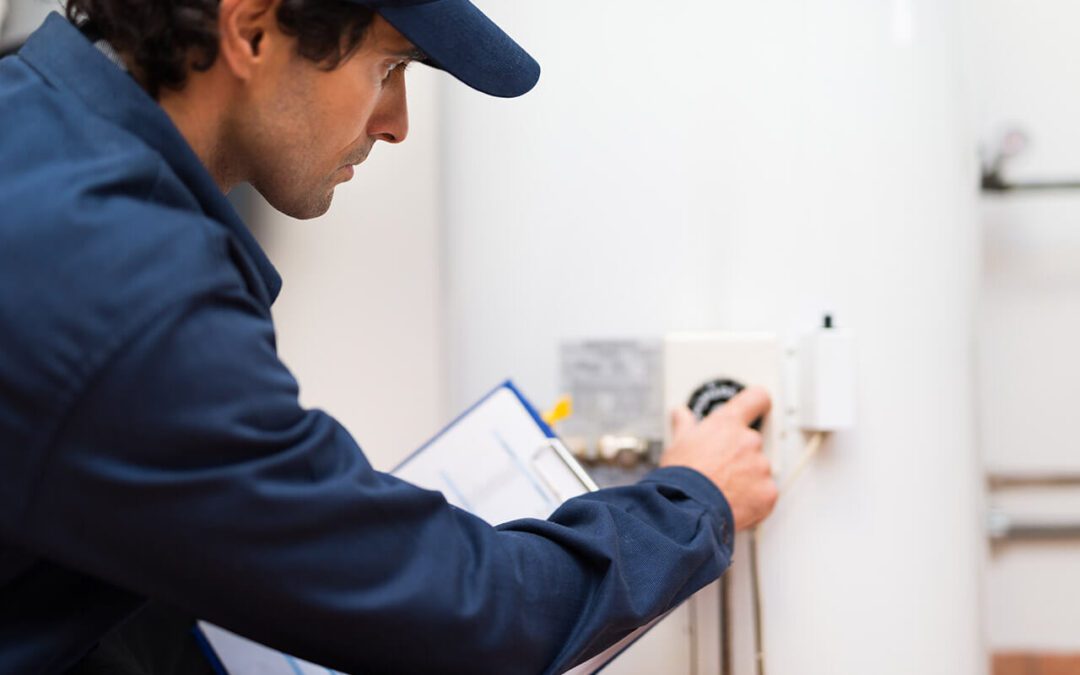Few appliances homeowners rely on more than the water heater, and few things are more disruptive than when it fails. From sudden cold showers to strange noises from the basement, dealing with water heater issues may feel daunting. But the key to solving the problem isn’t panic; it’s understanding the common causes. By recognizing the warning signs and knowing when a quick fix is possible versus when a professional is needed, you will confidently address your home’s hot water needs and restore comfort fast.
The Silent Treatment: No Hot Water at All
When you turn the tap and are greeted by a blast of cold, the most immediate and frustrating of all water heater issues has struck. While this feels like a crisis, the cause is often surprisingly simple, depending on whether you have an electric or gas unit. For Electric Water Heaters, the culprit is frequently a tripped breaker or a failed heating element. Start by checking your electrical panel. If the breaker is flipped, reset it. If it trips again immediately, stop, as this indicates a more serious electrical short, and you should call a professional.
For Gas Water Heaters, the usual suspect is the pilot light or the thermocouple. If the pilot light has blown out, you could relight it by following the clear instructions on the unit’s exterior panel. If the pilot light won’t stay lit, the thermocouple, the safety sensor that tells the gas valve the pilot is lit, may be dirty or faulty and requires replacement. Gas lines should be handled with extreme caution, and calling a qualified technician is the safest path.
Strange Sounds: Common Water Heater Issues Involving Noise
If your water heater sounds less like an appliance and more like a coffee maker or a popcorn machine, you’re likely hearing the effects of sediment buildup. This is one of the most widespread water heater issues in homes with hard water. As the tank heats and reheats water, minerals like calcium and magnesium separate and settle at the bottom of the tank. This layer of hardened sediment traps heat, forcing the burner to work harder and creating loud popping or rumbling sounds as the water boils beneath the sediment. Over time, this makes the unit less efficient and shortens its lifespan.
The solution is simple preventative maintenance, flushing the tank. You should flush your tank annually to wash out these mineral deposits. While this is a simple process involving connecting a hose to the drain valve and opening the cold water inlet, many homeowners prefer to hire a professional plumber to guarantee the job is thorough and done without damaging the drain valve.
Leaks and Rust: When Water Heater Issues Get Serious
A leak is one of the most alarming water heater issues a homeowner will face. It’s critical to determine the source of the leak immediately. If water is pooling around the unit, first check the pipe connections, the temperature and pressure relief (T&P) valve, and the drain valve. Leaks at these points can often be fixed by tightening the connection, replacing the valve, or resealing the fitting.
If water is leaking directly from the tank, this signifies internal corrosion. Once the steel tank lining has failed and water is escaping, the tank must be replaced. Similarly, visible rust or corrosion on the outside of the tank or around the connections is a strong indicator that the unit is nearing the end of its life. Most water heaters last 8 to 12 years. If yours is in that age range and showing rust or leaking, the wisest, most confident choice is to budget for replacement before complete failure occurs.
Temperature Troubles and Professional Inspections
If your hot water runs out quickly, the thermostat on your electric unit may be set too low, or the dip tube inside the tank may be broken. The dip tube directs incoming cold water to the bottom of the tank; if broken, the cold water mixes with the hot water at the top, leading to rapid temperature drop. For any persistent or confusing water heater issues, scheduling a professional inspection is the smartest move. A technician will accurately diagnose component failures, check the condition of the sacrificial anode rod (which protects the tank from corrosion), and ensure your unit is operating safely and efficiently. A little preventative maintenance goes a long way toward avoiding that shocking blast of cold water.
Frequently Asked Questions (FAQs)
How often should I flush my water heater tank?
To prevent sediment buildup, you should flush your water heater tank at least once per year.
Why does my T&P valve sometimes drip?
The Temperature and Pressure Relief (T&P) valve is a critical safety device designed to release water if pressure or temperature inside the tank gets too high. If it drips frequently, it may be due to thermal expansion in a closed-loop system, or the valve itself may be faulty and need replacement.
How long do residential water heaters typically last?
Most conventional tank water heaters have a lifespan of 8 to 12 years. Tankless water heaters generally last longer, often years or more.
Should I repair or replace my water heater?
If your unit is less than eight years old, simple repairs like replacing a heating element or T&P valve are usually worthwhile. If the unit is over ten years old or is leaking directly from the tank, replacement is almost always the more economical and confident long-term decision.
Cal Home Inspection provides home inspections in Sacramento, CA, and the surrounding areas. Contact us to schedule an appointment.

